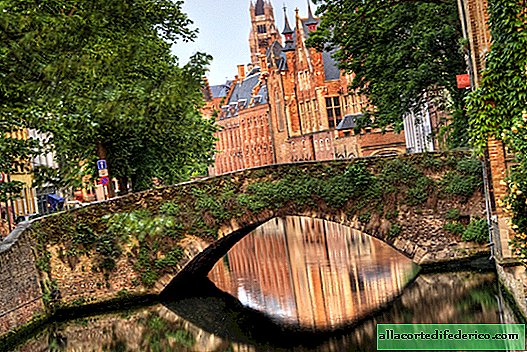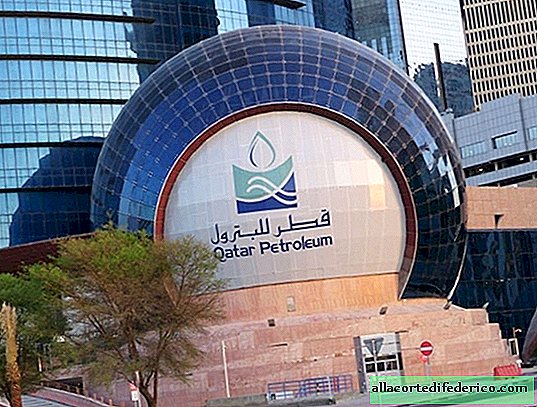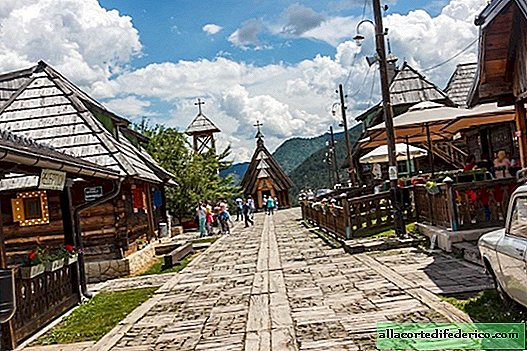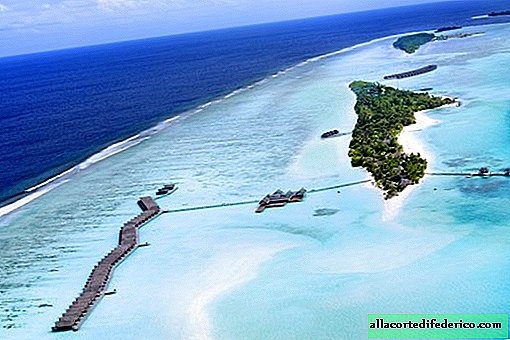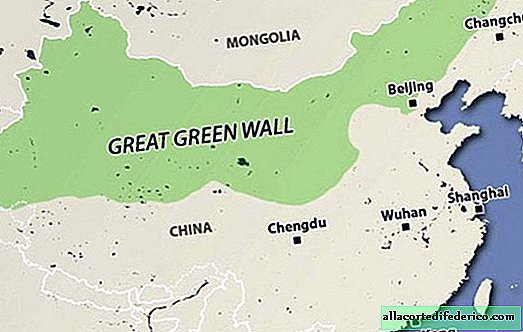Salt Bay, sun and sands: where Dubai gets fresh water
The main problem of all cities located in a hot desert climate is the lack of fresh drinking water. And Dubai, where gasoline is cheaper than water, is no exception in this regard. The rapidly developing city, the capital of the emirate of the same name as part of the UAE, requires more and more fresh water for its residents and the many tourists visiting it. But where do they get water from, because all around there are only sun-heated sands and the Persian Gulf with salty sea water?

One of the largest desalination plants in the Middle East, the Jebel Ali complex, is located in Dubai. The complex is located on the shore of the bay and more than 2 billion liters of sea water pass through it daily. The desalination process is based on an eight-time flash distillation, which results in the evaporation of fresh water.

Desalination plant operates at the expense of a heat station. In order for the water to start evaporating, its temperature is increased to 115 ° C, using heated steam. After fresh water evaporates and settles on the surface of special pipes, it is collected. Having gone through several stages of evaporation, the remaining sea water with a multiply increased concentration of salts is sent back to the sea. But this is a very expensive and energy-intensive way to get fresh water, so the cost of the final product is quite high.

But many enterprises, including Jebel Ali, are introducing another desalination technology called reverse osmosis. With this purification method, high pressure water passes through several filter modules. As a result, salt water is purified from impurities and becomes suitable for drinking. With this method, it is necessary to apply additional chemical cleaning of the equipment, although the cost of the resulting water is lower as a result than in the case of flash distillation.
The climate in the Middle East has become more arid over the past half century. Experts note an increase in air temperature, as well as prolonged droughts, which can increasingly be observed in this region. Underground aquifers are already depleted in many places, and the day is not far off when they are completely exhausted. For this reason, the countries of the Arabian Peninsula have no other way but to improve the technology for producing fresh water from the sea.



